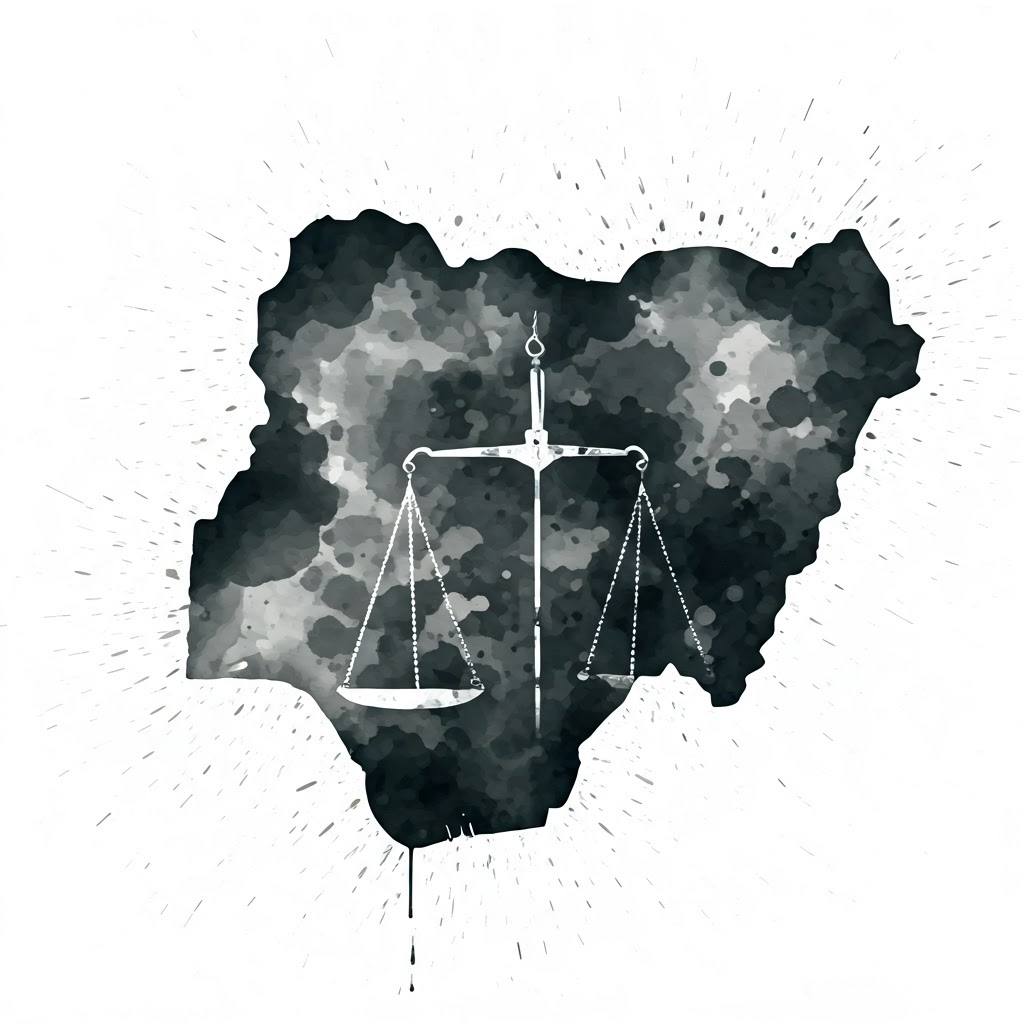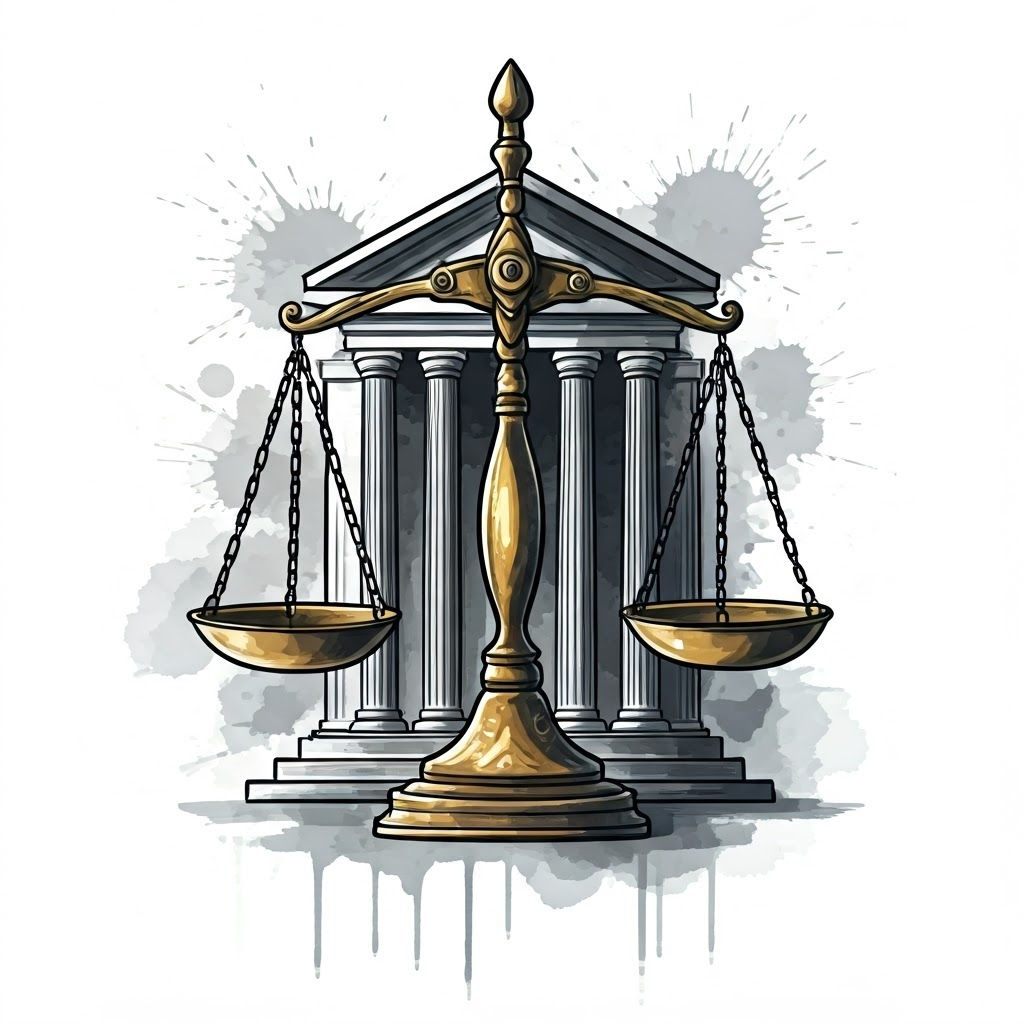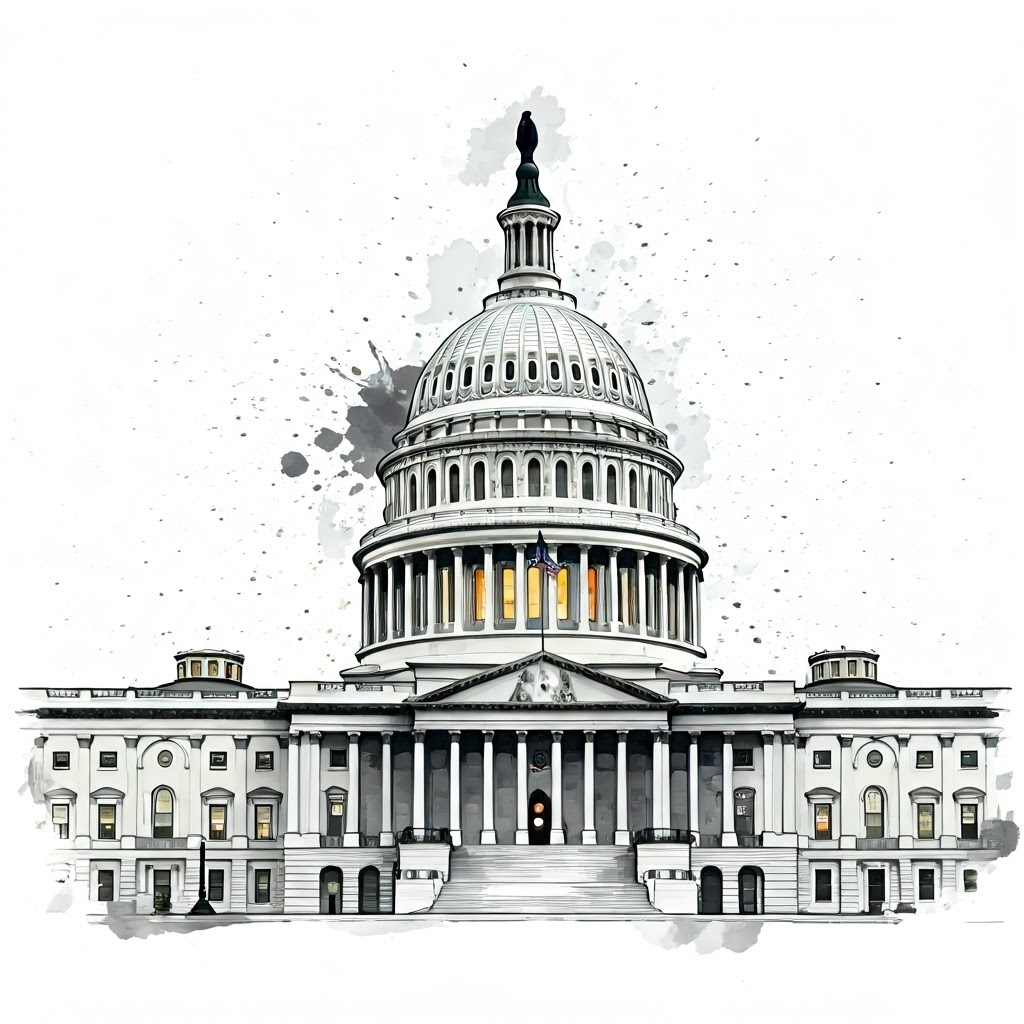Human rights lawyer Dele Farotimi finds himself at the center of a legal storm after being arrested and remanded in Ekiti State. Chief Afe Babalola, founder of Afe Babalola University, filed a defamation suit against Farotimi, alleging damaging statements in his book. This has ignited a firestorm of protest, with groups like the Take It Back Movement mobilizing nationwide demonstrations, raising questions about freedom of speech, legal processes, and potential power imbalances.
- Dele Farotimi arrested and remanded in Ekiti State on defamation charges.
- Chief Afe Babalola filed the suit, alleging damaging claims in Farotimi’s book.
- Take It Back Movement and other groups plan nationwide protests.
- Afenifere and others raise concerns about potential abuse of power.
The Spark: Farotimi’s Book and Babalola’s Petition
Dele Farotimi, known for his outspoken views, authored a book criticizing Nigeria’s criminal justice system. Afe Babalola, a prominent legal figure, took exception to certain passages in the book, which he claims are defamatory. Babalola’s subsequent petition to the police led to Farotimi’s arrest in Lagos and transfer to Ekiti State.
Legal Justification vs. Power Play?
Babalola’s legal team insists they are simply following due process, asserting their right to defend their client’s reputation. However, critics argue that the swift arrest, transfer, and remand of Farotimi suggest a potential abuse of power. They question why the case is being handled in Ekiti State, given that the book was published and distributed in Lagos, where Farotimi resides.
Nationwide Protests Erupt
Farotimi’s arrest has galvanized activists and concerned citizens, with the Take It Back Movement (TIB) organizing protests in major cities across Nigeria, including Ekiti, Lagos, Abuja, and even London. These demonstrations aim to highlight what protesters see as an attack on freedom of speech and a miscarriage of justice.
Afenifere Voices Concerns
Joining the chorus of dissent is Afenifere, a prominent Yoruba socio-political organization. They have expressed serious reservations about Farotimi’s remand, questioning the court’s decision and hinting at potential undue influence in the case. Their statement adds weight to the growing suspicion surrounding the handling of the situation.
The Court of Public Opinion
As the legal battle unfolds, the court of public opinion is also in session. Social media is ablaze with discussions about the case, with many expressing solidarity with Farotimi. The hashtag #FreeFarotimi has gained traction, amplifying the calls for his release and a fair hearing.
What Next?
The legal proceedings are set to continue, with Farotimi’s next court appearance scheduled for December 10th. However, the nationwide protests and the growing public outcry suggest that this case has become much bigger than a simple defamation suit. It touches upon fundamental issues of freedom of expression, due process, and the potential for power imbalances within Nigeria’s legal system. The coming days will be crucial in determining the course of this case and its broader implications for Nigeria’s legal landscape.





